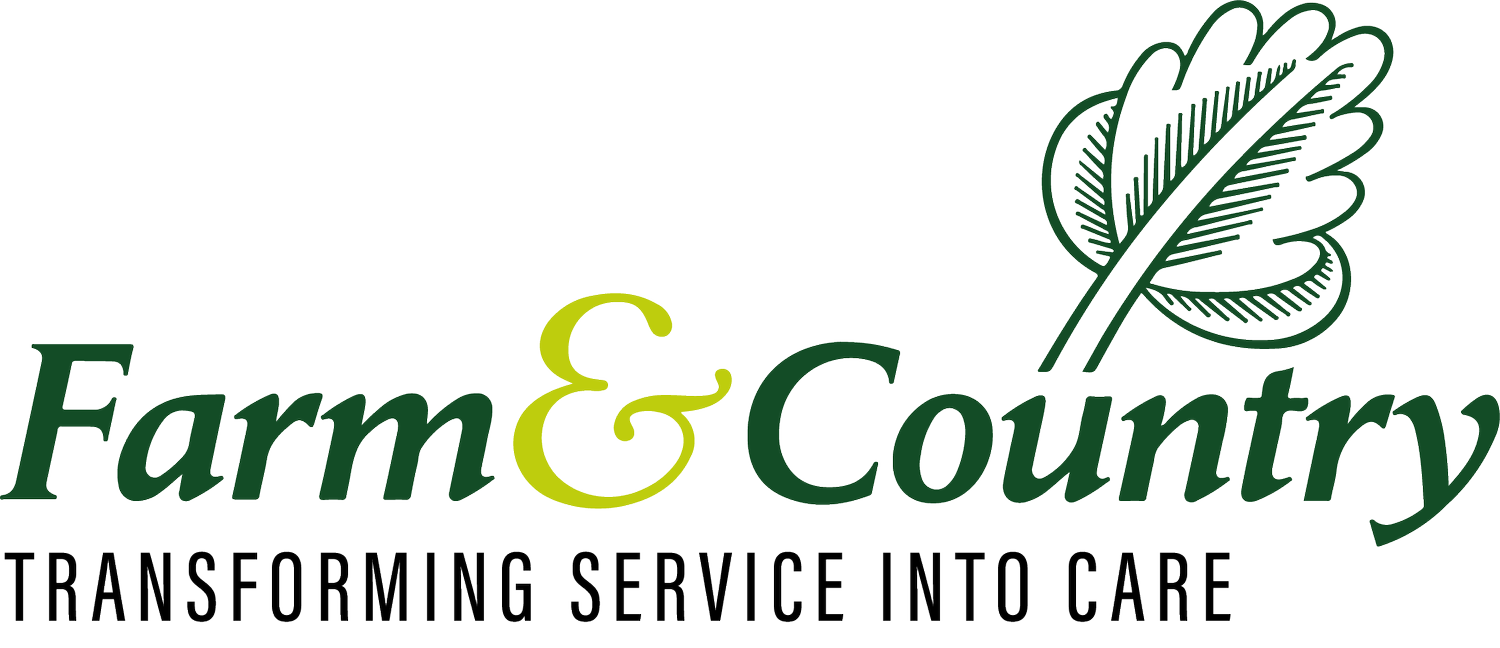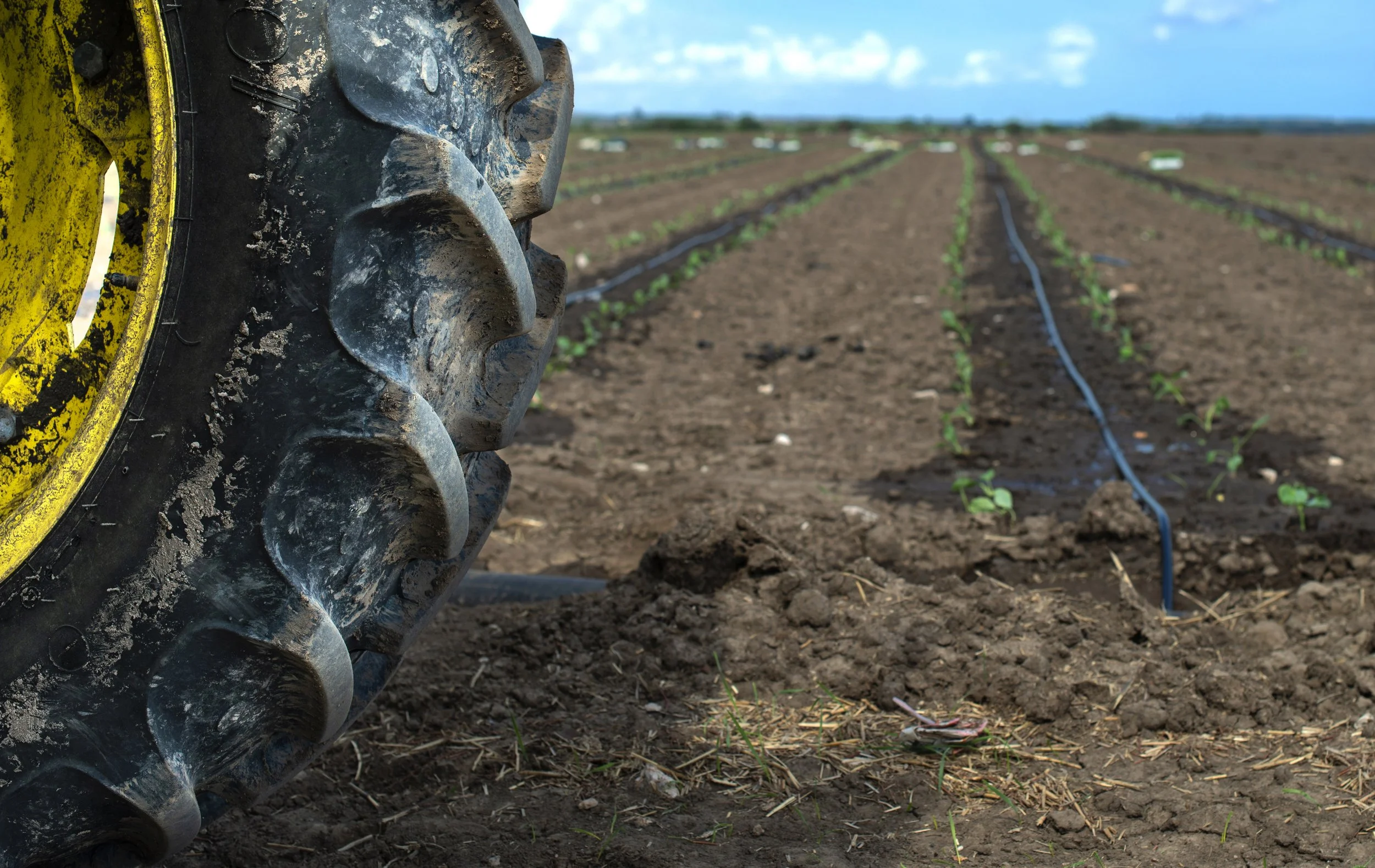Farm Machinery Maintenance
Maintaining vehicles and machinery is an important part of any business. Regular maintenance helps to ensure that the equipment is in good working order, which can help to reduce the risk of accidents or breakdowns. It also helps to extend the life of the equipment, reducing the need for costly repairs or replacements, and can help minimise downtime, and lost productivity.
Inspection and maintenance of work equipment is essential to ensure that it is safe to use and operates efficiently. Regular inspections should be carried out on all types of work equipment, such as tractors and vehicles, lift trucks, ATVs (quad bikes), portable electrical equipment, and farm machinery. This helps to identify any potential problems before they become serious or cause an accident.
Safety
When undertaking maintenance work on vehicles and machinery, it is important to take safety precautions.
Ensure that all equipment and plant are isolated from power sources before any work begins
Check for blockages or other problems that could cause a hazard during maintenance work
Use a safe stop procedure when turning off machinery, as this will help prevent injury or damage
Be aware of any new hazards or risks that may be introduced by the maintenance work itself, and take steps to control them accordingly.
Before starting any repair, make sure that the brakes are applied and the wheels are chocked. This will ensure that the vehicle does not move while you are working on it. If you need to raise the body of the vehicle, always use props for support instead of relying on hydraulic systems. Additionally, when running engines during repairs, make sure that they are in neutral gear and that the brakes remain applied at all times.
It is also important to have a good understanding of how vehicles work before attempting any repairs. Doing research or taking classes can help you gain knowledge about different types of repairs and how to do them safely and correctly.
Having a basic understanding of the mechanics of your machinery can help you avoid costly mistakes and keep your vehicle in top condition for years to come.
Manufacturers provide recommended maintenance schedules for their products which should be followed closely. This includes checking the condition of components such as:
brakes
steering systems
tyres
engine oil levels
fuel filters
lights
It is also important to check for signs of wear and tear on the equipment itself such as rusting or corrosion.
Any repairs or replacements should be carried out immediately in order to maintain the safety of the equipment.
Lifting Equipment
Lifting operations and equipment are essential for many agricultural activities. Tractor foreloaders, fork-lift trucks, telescopic handlers (telehandlers), workshop hoists and rope hoists are all used to lift heavy items such as bales of hay or pallets of feed. Cranes can be mounted on machines such as lorries or fertiliser spreaders to help with the lifting process. Lifting attachments and accessories are also available to assist with the safe handling of materials.
It is important that all lifting operations and equipment meet the requirements set out in the Lifting Operations and Lifting Equipment Regulations 1998 (LOLER). These regulations cover a range of topics including inspection, maintenance, training and certification. It is essential that these regulations are followed in order to ensure the safety of those involved in any lifting operation.
What to look out for
By following a few simple steps, you can ensure that your equipment is running at its best and minimize the risk of breakdowns or malfunctions.
Lubricate moving parts as needed.
Sharpen blades and replace worn parts.
Test safety features regularly to ensure they are functioning properly.
Keep it clean.
Dirt and debris can cause wear and tear on the moving parts of the machine, leading to premature failure. Make sure to regularly clean off any dirt or debris from the exterior of the machine as well as from any exposed parts inside the engine compartment. Additionally, check all hoses and belts for signs of wear or damage and replace them if necessary.
Check all fluids regularly to make sure they are at their proper levels.
This includes oil, coolant, fuel, hydraulic fluid, transmission fluid, etc. If any fluids are low or need to be changed out completely due to age or contamination, do so immediately. Finally, check all filters on a regular basis and replace them when needed. This will help keep your engine running smoothly by preventing dirt and other contaminants from entering into it.
Trailers
Make sure to check the hitches and couplings of tractors, trailers, equipment, or trucks you use for pulling on a regular basis. This includes checking for proper working order and ensuring that they can securely connect. It is also important to clean off any excess dirt or rust, if possible. Attach any trailers that you may have and check that all of their lights are working properly as well.
Tyres
In addition to inspecting these, it is also important to check the tyres on all farm machinery. Inspecting the treads for signs of wear and ensuring the tyres are inflated to the proper level are both essential parts of tyre maintenance. Whilst checking the main tyres, make sure to check the spares, and arrange for replacements for any that are worn.
Batteries
Batteries need to be checked for signs of corrosion and leakage. Corrosion can lead to stalling and loss of power in the vehicle, so it is important to make sure that they are in good condition. If there are any signs of corrosion, it is best to replace the battery as soon as possible in order to ensure that your equipment runs safely and efficiently.
Calibration
Calibrating special equipment is an important part of ensuring accuracy and safety when using devices that have thermometers, scales, metal detectors, or other specialized equipment. It is essential to check the devices regularly and recalibrate them at regular intervals in order to make sure they are working correctly and providing accurate readings. This helps to prevent any potential problems that could arise from inaccurate readings or faulty equipment.
Organise your documents
Organizing documents and records is an essential part of running a successful farm. Keeping accurate records of repairs and maintenance work, whether done by yourself or a professional, can help you stay on top of any potential issues that may arise.
It’s also important to create a maintenance checklist for routine tasks that should be completed monthly/annually. This will ensure that all necessary maintenance is done in a timely manner. Additionally, creating a chart to plan upcoming maintenance routines can help you stay organized and keep track of what needs to be done.
Having an organized filing system for all other records and documents is also key. These types of documents can be manuals, dealership details, warranties, receipts, and service logs. Having everything in one place makes it easier to find the information you need when you need it. Investing time into organizing your documents now will save you time and headaches down the road.
Farm machinery maintenance is an essential part of keeping your equipment in prime condition. By following the steps listed in this article, you can ensure that your farm machinery runs safely and efficiently for many years to come. Regularly checking the critical components of each machine is key to preventing costly repairs down the line. With regular care, your farm machinery will stay reliable and efficient for a long time.











